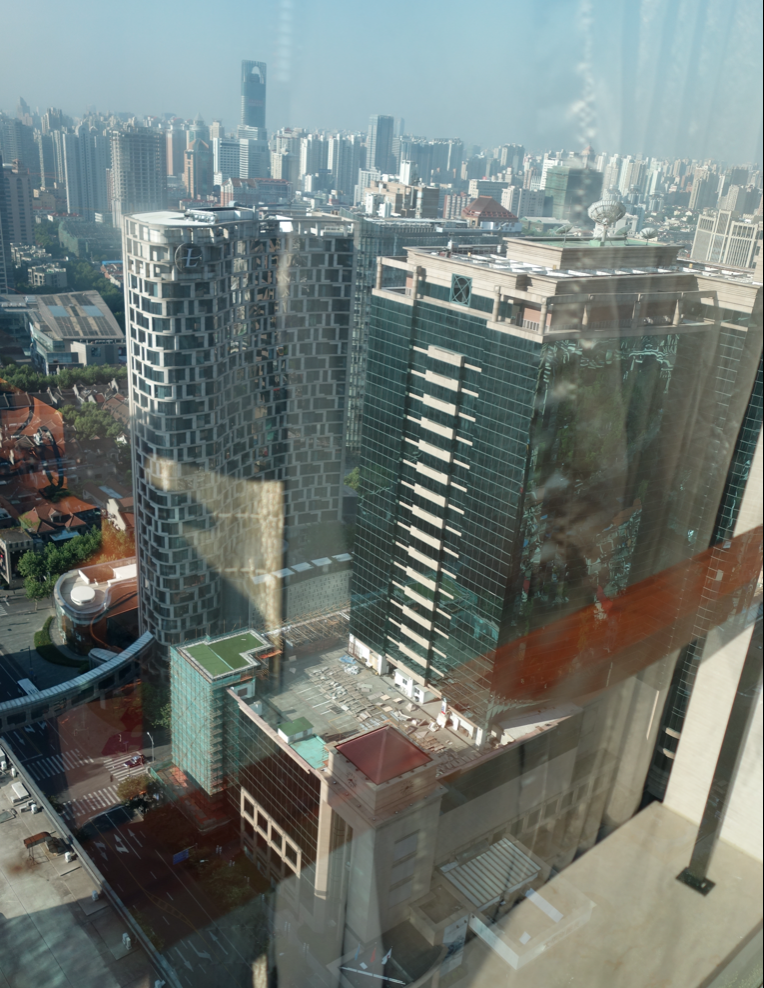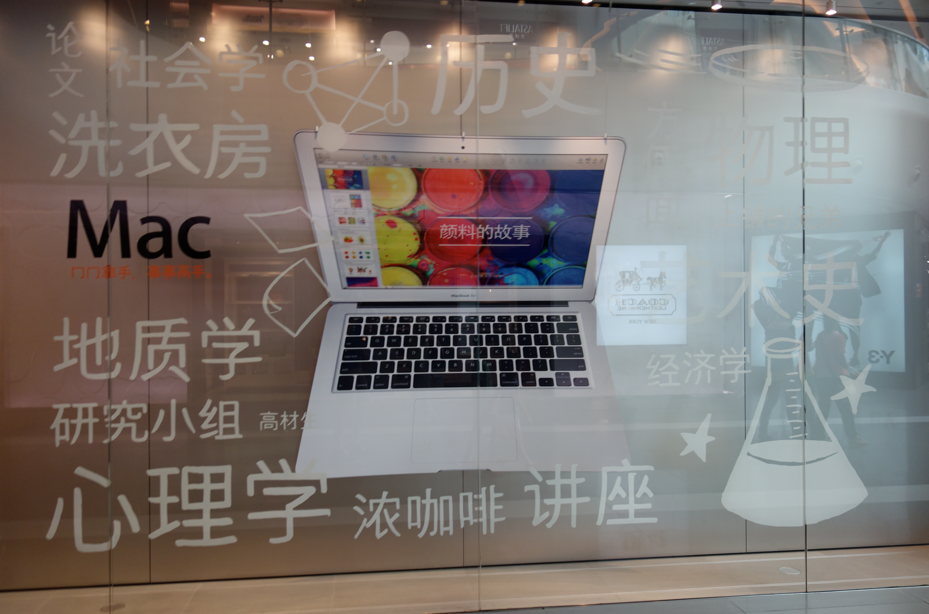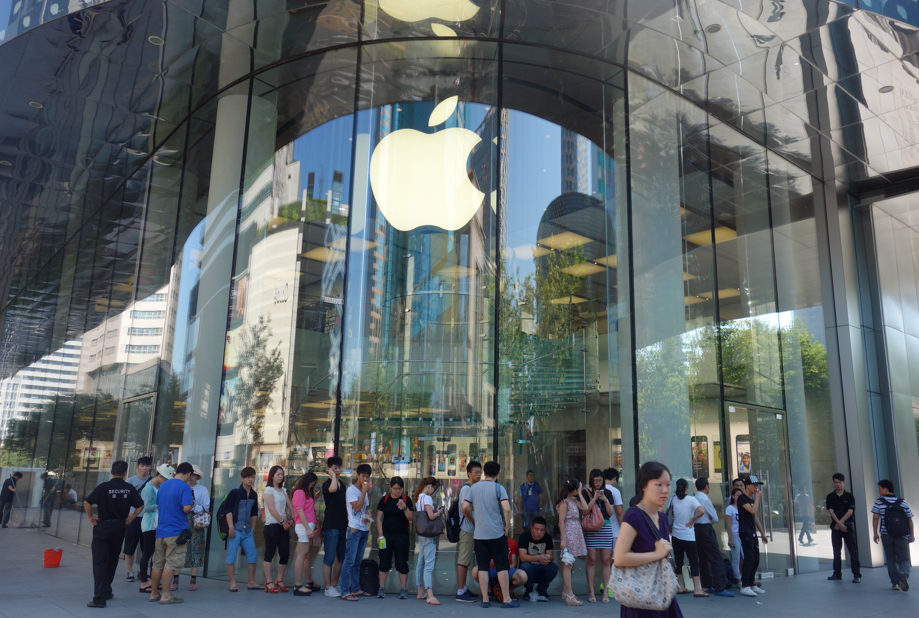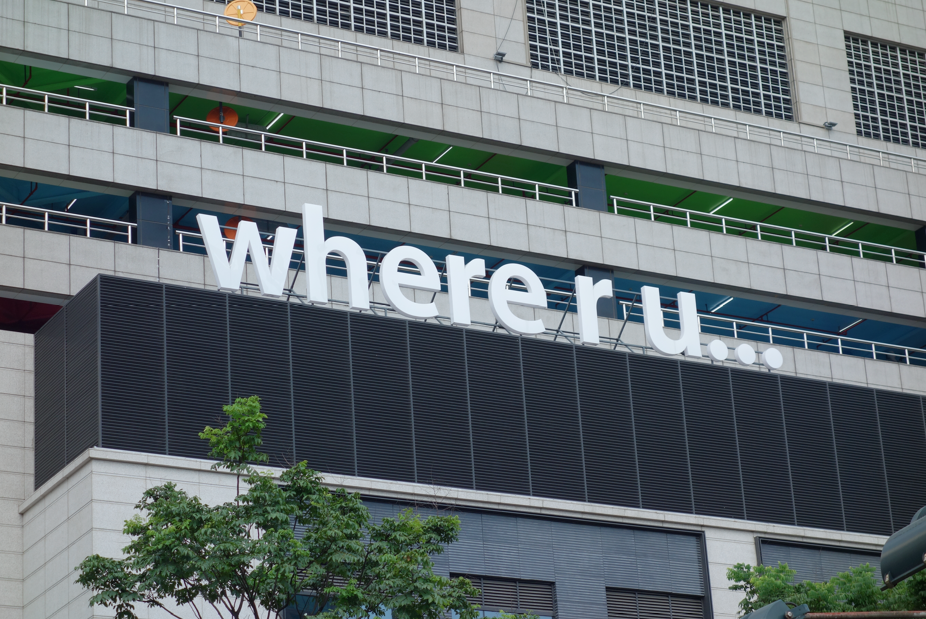Unless you follow SaaStr on Quora, things may have looked a little quiet here for the last 5 weeks.
Well, that’s because hosted WordPress (what Saastr.com is powered by), along with Facebook, Twitter, YouTube, and a good chunk of Google, are all blocked in China by The Great Firewall. Quora for now is unblocked. You can get to LinkedIn, but most of the links don’t work, so the social sharing part doesn’t.
And SaaStr has spent the last 5 weeks in Shanghai, Yes, you can get around The Great Firewall, in part, with a VPN. But since everything is about Going Mobile these days, I decided to also spend these 5 weeks with just an iPad and Kensington keyboard. No laptop. No practical non-corporate VPN for me to use to get around The Great Firewall.
I have no profound learnings. But FWIW for those heads-down on building up SaaS businesses in the U.S., with a little kicker in the U.K. and maybe Australia … some learnings:
 1. Shanghai Really is Bigger, And More Vibrant, Than Any Other City In the World. Shanghai isn’t as sophisticated as New York yet, in the arts and all that, near as I can tell. And certainly not in finance. But in most every other way, it seems about 10x bigger, younger, stronger, faster. Skyscrapers stretch to infinity on the skyline, and it seems like anything and everything is being built, created, or dreamed. The Shanghai Apple stores? There’s not just a line when a new iPhone comes out. There’s a 50-100 person line. Every. Single. Day.
1. Shanghai Really is Bigger, And More Vibrant, Than Any Other City In the World. Shanghai isn’t as sophisticated as New York yet, in the arts and all that, near as I can tell. And certainly not in finance. But in most every other way, it seems about 10x bigger, younger, stronger, faster. Skyscrapers stretch to infinity on the skyline, and it seems like anything and everything is being built, created, or dreamed. The Shanghai Apple stores? There’s not just a line when a new iPhone comes out. There’s a 50-100 person line. Every. Single. Day.
2. Not Complying with The Great Firewall Is a Big Deal – At Least in B2C. This shouldn’t be a big issue in B2B. But in B2C, not complying with Chinese censorship is a huge deal. Facebook and Twitter are irrelevant in China, and Google is a bit of a joke with a redirect to Google.hk that only partially works in practice. It doesn’t matter if a few expats can VPN in. Social services need to work on the web without friction to work at all.
3. It Makes Sense That In 4-5 Years, SaaS Will Be {Starting to Get} Big in China. B2C is as big in China or bigger than here. Enterprise is real. But SaaS revenue is nonexistent today in China for most SaaS vendors. Today, for almost all SaaS companies, their APAC strategy is a lot of Australia, maybe a little Singapore and possibly Hong Kong, and if you hit it right, Japan can really work (see, e.g., Salesforce or Evernote). But China? A big goose egg.
But it clearly won’t be the case in 4-5 years. I don’t have the answer or insight of how to take advantage of that yet. What does makes sense though is that B2B should be a far better opportunity for U.S.-based companies than B2C. Much U.S. B2C is either blocked or dominated by Chinese players. But business-process oriented SaaS companies are a better fit.
My only suggestion: when the time comes you land your first real Chinese company as a customer — bet on this customer, hard. Accelerate your localization efforts. Get a local presence / rep quickly. Do whatever it takes. When you finally get one, I bet you’ll get more. Everything in Shanghai especially is just exploding.
4. Mobile is Critical in the Enterprise. But Mostly for The Consumptive Part. I spent 5 weeks in Shanghai with just an iPad. I didn’t miss a beat on my media consumption (other than Netflix et. al. which are blocked or don’t work in China). But realistically, I couldn’t do any real work. I couldn’t really edit documents, or presentations, or at least for me, really compose blog posts. It’s just too hard with just an iPad and Android. Just a good reminder that mobile is amazing for consumption. But in the enterprise especially, rather more limited for creation and calculation. In enterprise, it’s not either or. It’s both.
5. The Start-Ups Seem Just as Cool as in the U.S. I didn’t get a chance to visit a ton of start-up, but I visited the offices of several B2C companies. Just as many 27″ iMacs. Beautiful lofts and creative spaces. And with so many more resources to draw on.
6. In 10 Years Time, One Child is Going to Be a Big Drag. I may be wrong on this, but at least in Shanghai, the impact of One Child is clear and profound. The educated, the tech-focused workforce almost entirely have only one child. In another half-generation, where will the engineers be? Who will build the Chinese web companies of 2028? It’s a ways out. And the talent pool will still be vast. But the countless families with just one child, the parks almost empty of children, the clothes stores without even a children’s section … it seems to me it’s going to be tough for China to compete a generation or so out.
With that, we’ll be back to your regularly scheduled SaaS programming.






